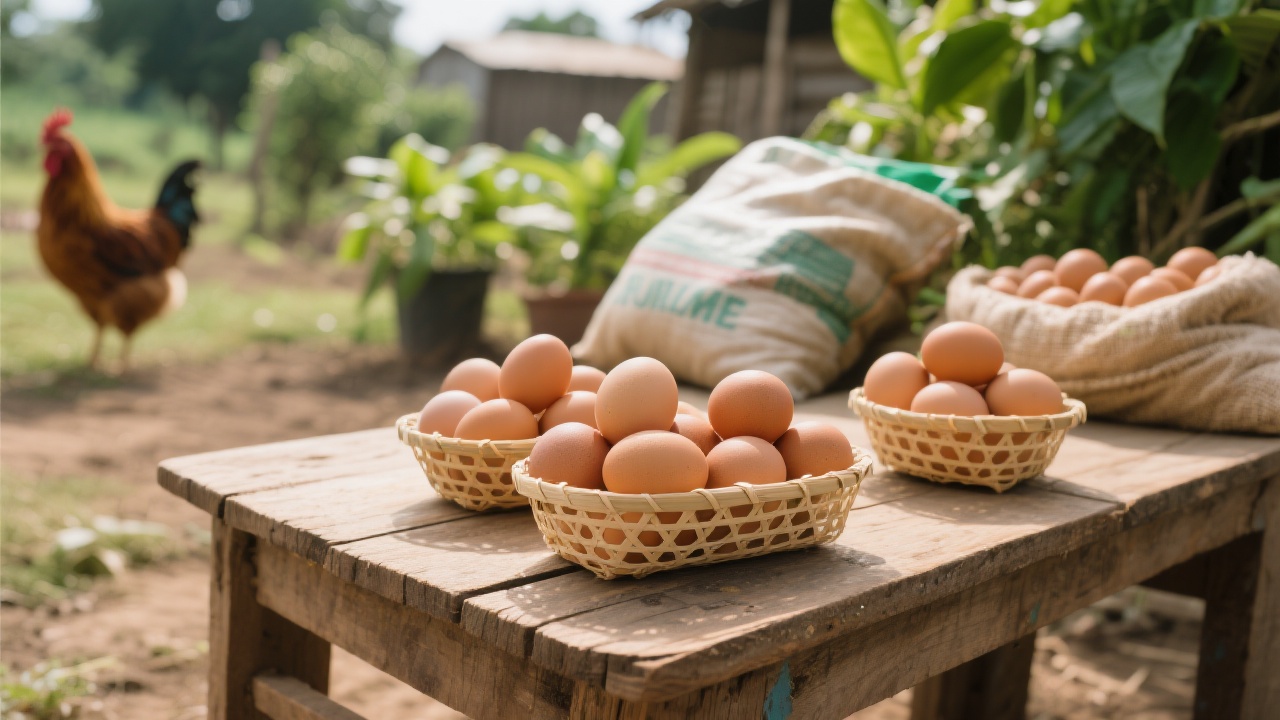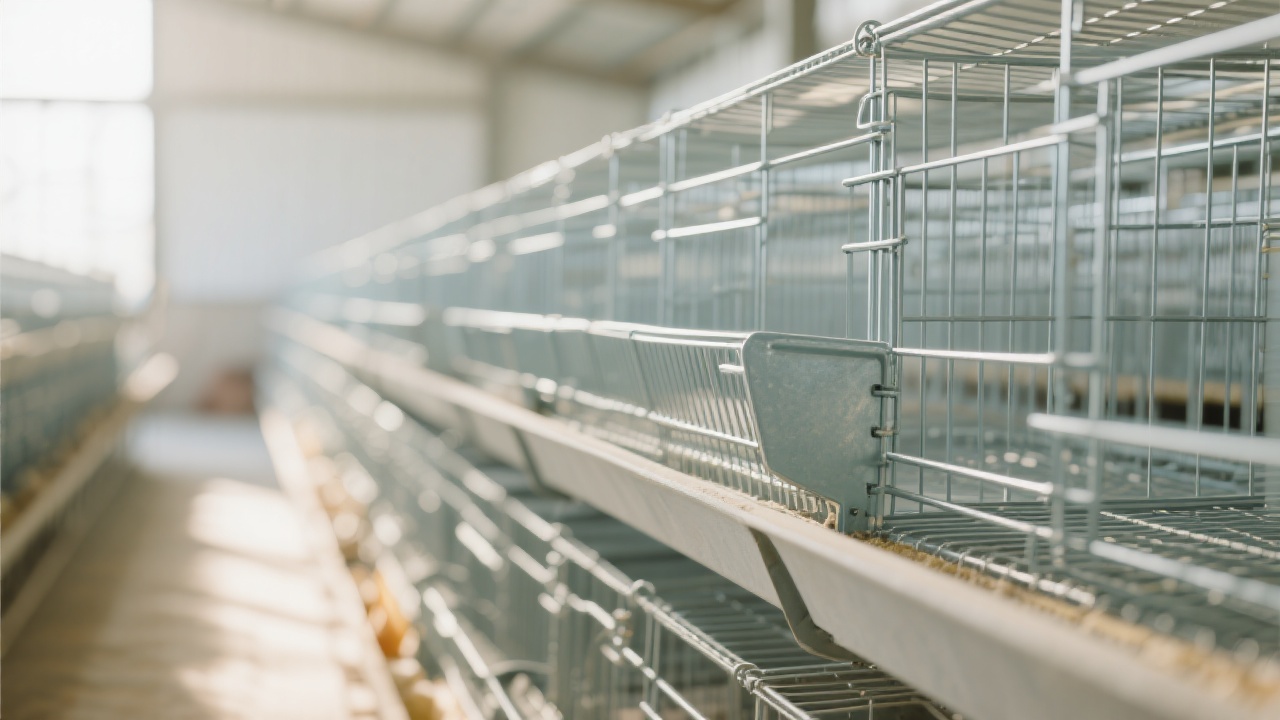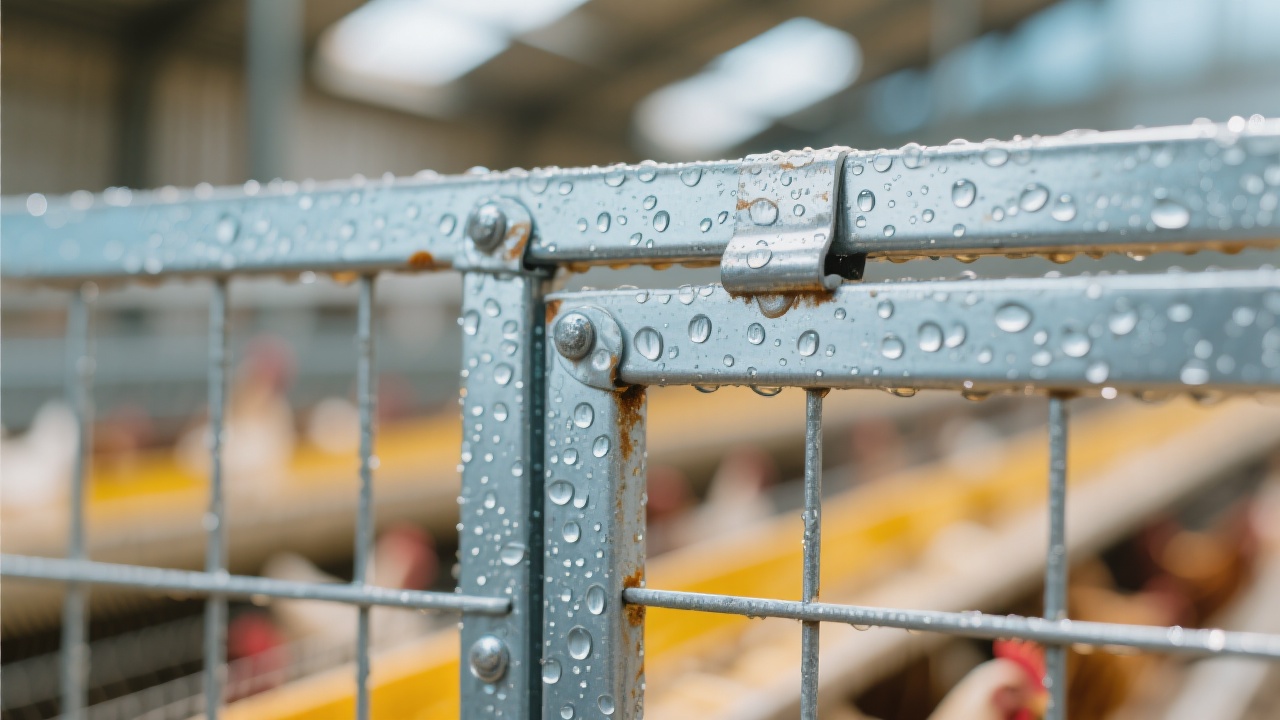
In modern poultry farming, equipment durability directly impacts operational stability and production costs. The choice of materials and protective coatings for layered chicken cages is pivotal to extending service life, minimizing maintenance expenses, and maximizing return on investment (ROI). This article explores why combining Q235 steel with premium anti-corrosion treatments—namely hot-dip galvanizing and aluminum-zinc alloy coatings—is an ideal, cost-effective solution for export-quality layered chicken cages.
The operational lifespan of chicken cages influences not only replacement frequency but also flock health and farm productivity. Frequent equipment failures lead to unexpected downtime and elevated repair costs—often accounting for up to 15-20% of annual operational budgets in medium to large farms. Selecting materials with proven longevity reduces these risks and ensures stable production cycles.
Q235 steel is a widely used carbon steel grade renowned for its mechanical properties and economic viability. Compared to higher-grade steels, it offers sufficient tensile strength (~400–500 MPa) and ductility to withstand daily operational stresses while maintaining affordability. Its thickness typically ranges from 1.5 mm to 2.5 mm in poultry cage construction, balancing weight and structural integrity.
Beyond base strength, the steel's performance depends largely on surface protection from environmental aggressors like moisture, ammonia, and feed residues.
The most critical factor extending Q235 steel’s service life lies in effective anti-corrosion measures:
| Feature | Hot-Dip Galvanizing | Aluminum-Zinc Alloy Coating |
|---|---|---|
| Corrosion Resistance | Reliable in humid, acidic environments with service life ~15 years | Superior barrier effect and self-healing; up to 25 years durability |
| Coating Thickness | Typically 60-90 microns | Usually 25-40 microns, but with higher corrosion resistance |
| Cost Efficiency | Lower initial cost, widely available | Higher upfront cost, better long-term value |
| Environmental Impact | Uses zinc, recyclable | Aluminum-based, less zinc usage, more sustainable |
Selecting between these methods depends on farm conditions, expected service life, and budget priorities. For export-grade cages targeting extended overseas market presence, aluminum-zinc alloy coatings deliver superior protection against harsh climates and transport environments.

Even with premium materials and coatings, proper maintenance profoundly affects lifespan:
Studies show farms adhering to such maintenance schedules report a 30% longer equipment lifespan—translating into substantial operational savings.

A commercial laying hen operation in Southeast Asia switched from mild steel cages with paint coating to Q235 steel frames with aluminum-zinc alloy coating, complemented by quarterly maintenance. After 5 years, the farm achieved:

This case underscores how scientific material selection combined with methodical maintenance amplifies operational efficiency and profitability.
Interested in upgrading your poultry equipment with export-grade layered chicken cages manufactured using Q235 steel and cutting-edge anti-corrosion technology? Discover how Zhengzhou Liwei Machinery’s reliable cages can elevate your farm’s productivity and long-term success.

